Author: Carol Pages, Pages Family Law.
In the second article in our series on Family law property division we discuss superannuation and how this this commonly dealt with in family law matters. Our first article Family law property division – Asset valuations can be found here.
Superannuation is considered property and added to the assets list (or balance sheet) for your family law matter.
Like other assets such as real estate, cars and bank balances, each party’s superannuation is part of the overall balance sheet.
Superannuation is usually valued by each party including their superannuation balance at the same date on the balance sheet.
You can also obtain valuation information about yours or your partner’s superannuation fund by preparing a Form 6 declaration and sending it to the relevant fund. Information and links to the Form 6 are available on the Court’s website on the following link: Family law and superannuation | Federal Circuit and Family Court of Australia
If you have a self-managed superannuation fund your accountant will be able to provide you with advice regarding valuation.
If you or your partner have a defined benefit superannuation fund it is recommended that the fund be valued to ensure that the correct value is disclosed at the time of settlement of your family law matter. Your lawyer will be able to recommend a specialist valuer for this purpose.
Superannuation can be divided in a family law property division, although this is not compulsory. This is called a ‘super split’ – where an amount from one parties’ superannuation fund is paid to the other parties’ superannuation fund.
To do this, ‘procedural fairness’ must be given to the trustee of the superannuation fund. This is a notice with details of the approximate amount to be split, along with the proposed orders at least 28 days before orders (including consent orders) about the property division can be made.
_________________________________
The content of this article is provided for information purposes only and does not constitute legal advice. We recommend that you seek legal advice relevant to your own circumstances and we would be happy to assist you.
Carol Pages is the Principal of Pages Family Law and an Accredited Specialist in Family Law and a Nationally Accredited Mediator. If you would like advice about your own separation, please contact Pages Family Law at info@pagesfamilylaw.com.au or on 03 9121 8077 or book a 15 minute free discovery call via our website.

